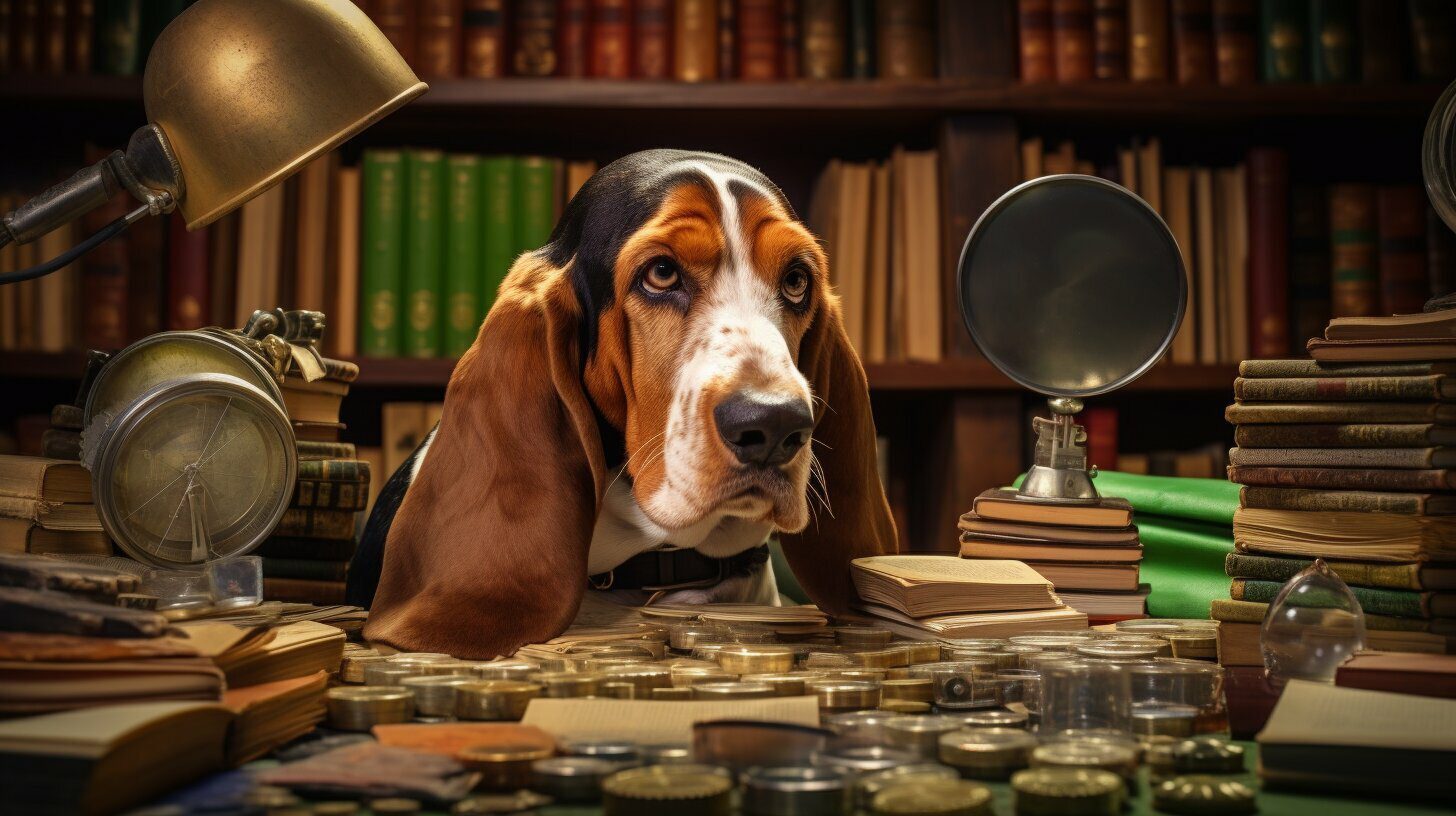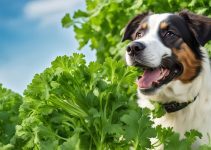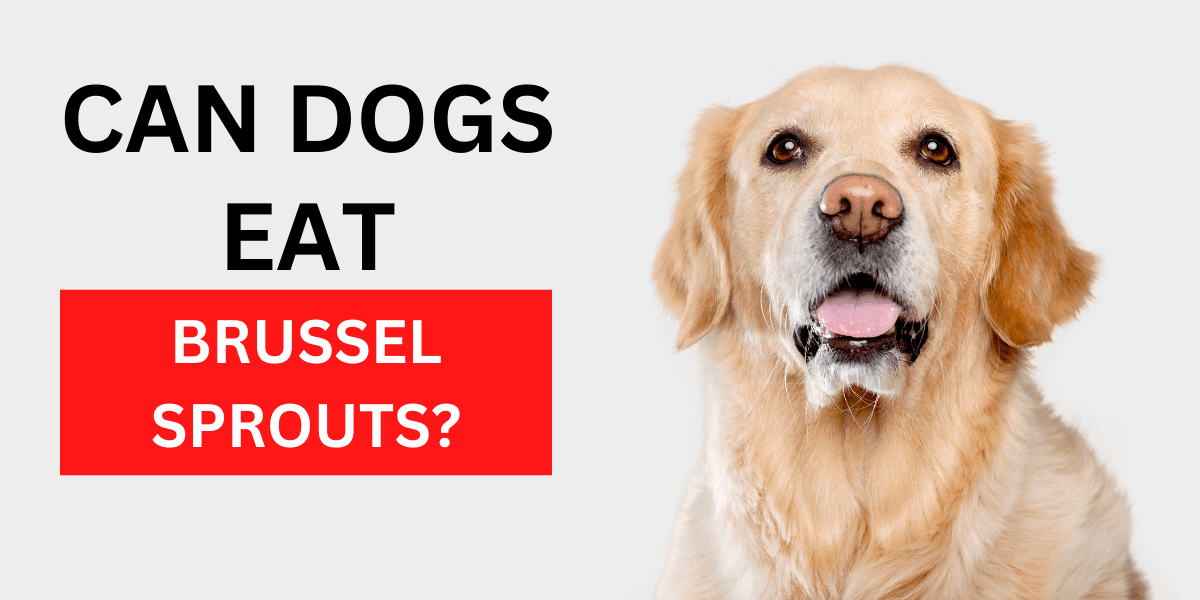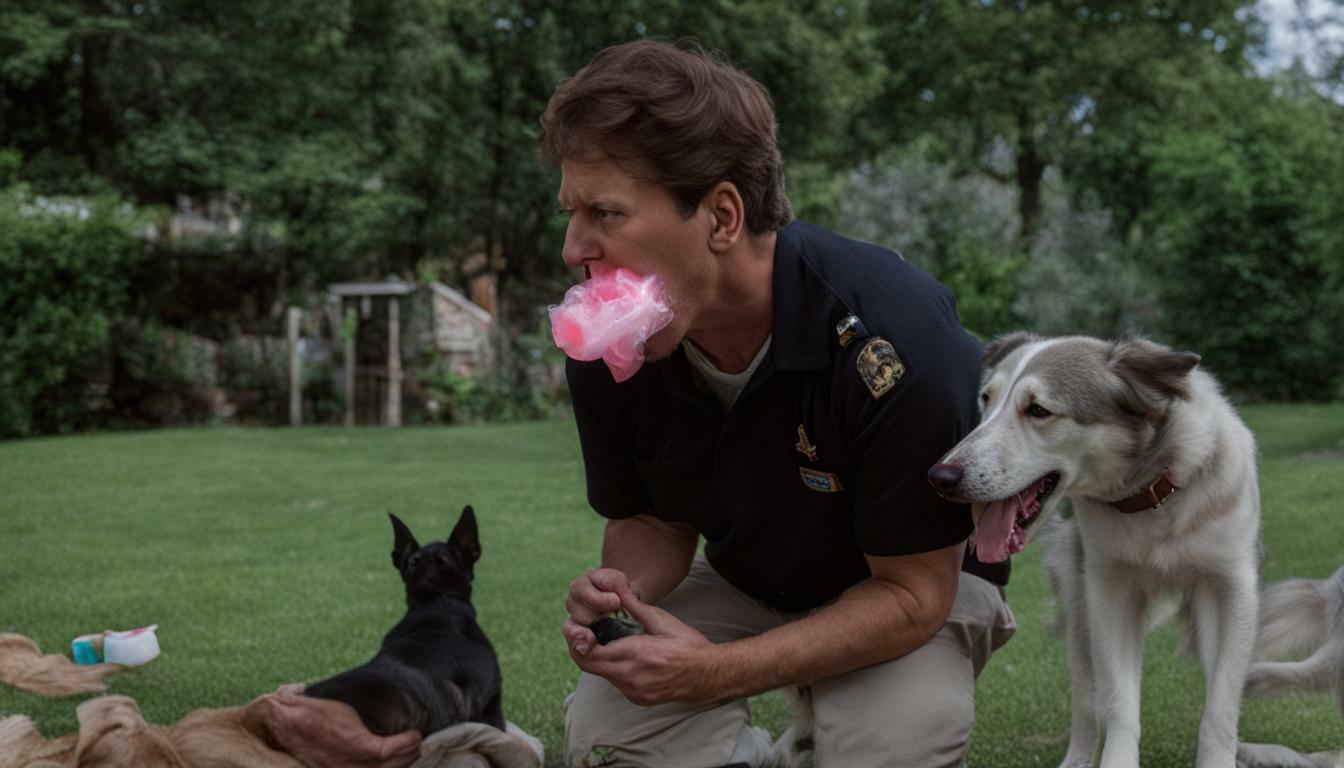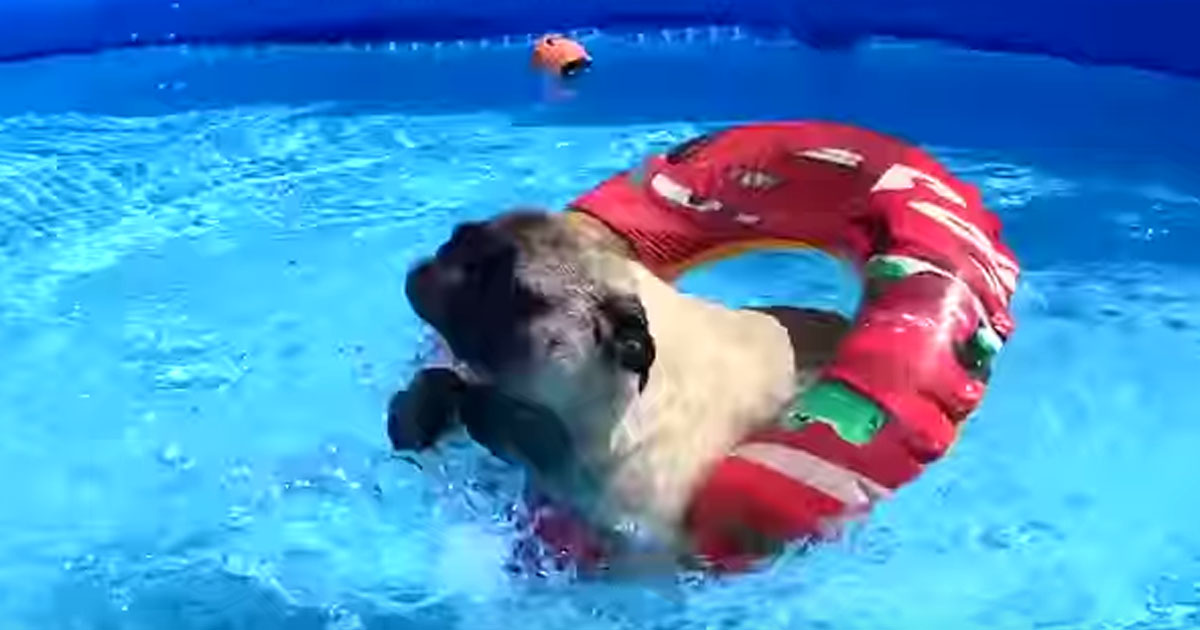Cleaning up after your dog isn’t fun. When they eat poop though…it’s hard to let go. Dogs eat poop. It’s as unglamorous and anxiety-inducing a task for dog parents to witness but it’s actually pretty normal for dogs.
Why do dogs eat poop?
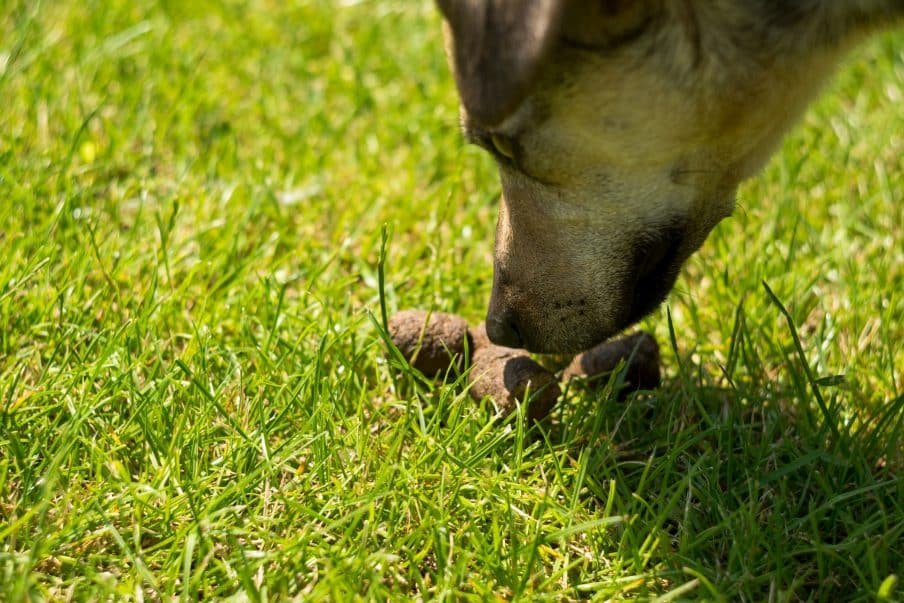
The reason why puppy eating poop is because of the DNA in them. This could be because of the fact that they are designed to ensure normal gastrointestinal tract development according to Dr. Michelle Burch, DVM, from Safe Hounds Pet Insurance. “Since puppies are not born with bacteria in their intestinal tract, some scientists believe the [ingestion] of feces will help their body establish a typical healthy gut bacterium,” she said.
Dr. Burch notes that puppies may eat their own poop if they’re malnourished. She also added that puppies are more likely to develop nutritional deficiencies while eating homemade diets, so dog parents should be mindful of what their dog eats. Food bowls placed near litter boxes or the site of a recent accident could establish an association between healthy food and stool. This makes it hard to distinguish what their meal should smell.
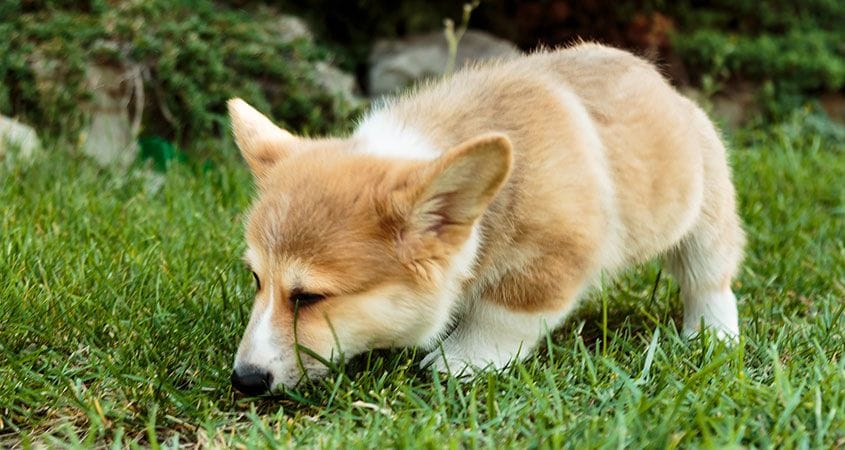
Your dog could be suffering from internal issues like enzyme deficiencies, parasites, diabetes, or other illnesses that cause him or her to consume caca. If you notice your dog eating poop more than once, take him to the vet for an examination.
Dr. Burch said, “Puppies who are anxious, stressed, or have separation anxiety can also develop the habit of coprophagy.” One of the biggest contributors to a dog’s mental health is environmental enrichment or exercise. Anxiety disorders, isolation, and boredom may cause people to develop destructive tendencies or search for new experiences like tasting poop.
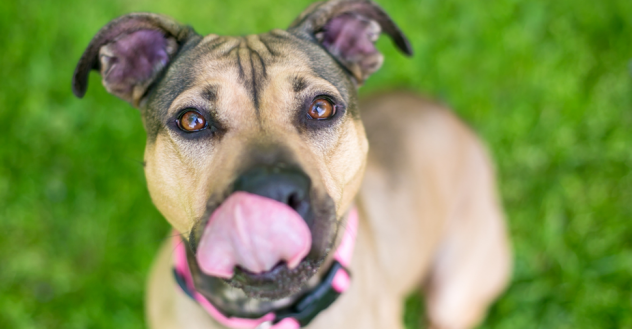
According to The American Kennel Club, a puppy will learn this behavior from its mother. Mother dogs lick newborn pups to help them get the smooth flow of bowel movements that they need for healthy development. After they poop, the moms frequently clean up after their kids by eating their poop.
How to stop dogs from eating poop
“Make sure there isn’t an underlying medical cause for your puppy’s coprophagia, such as gastrointestinal parasites, maldigestion, or nutritional deficiencies,” Dr. Michelle Lugones, DVM, a Veterinarian for Best Friends Animal Society said. Your vet may recommend a new dog food or diet plan to fill gaps in nutrition. Some supplements are also available to treat these issues.
The command “drop it” is a valuable tool in training your dog. If you spot them chewing on any poop, make sure to use this verbal cue for them not to eat anymore. One way to increase the effectiveness of your commands is by giving treats after he poops and leaves the turd behind. Dogs have been found to be more attentive when they know what will happen if their actions are rewarded with something nice.
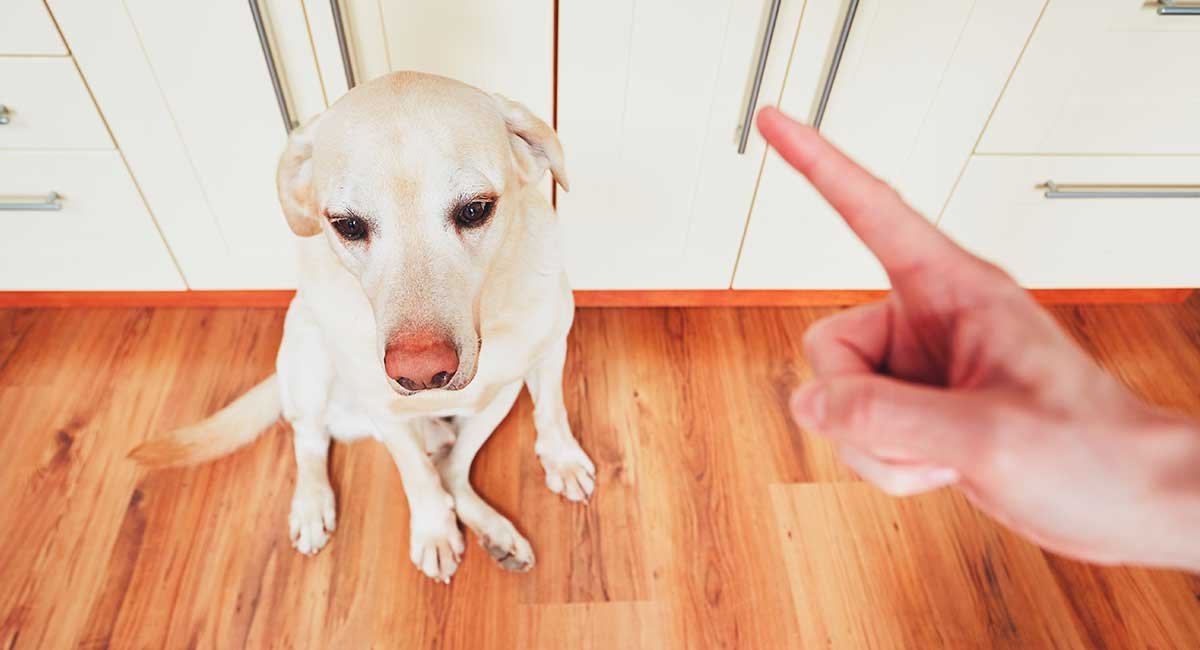
One way to combat anxiety issues is by minimizing opportunities. If there’s no poo around, it reduces the chance of your dog eating it. Calming Care supplements may be the perfect solution if your puppy suffers from anxiety. It will help reduce the chance of an accident when you are not around, as well as keep him safe during playtime by lowering his stress levels.
Dr. McGowan recommends that f you catch your dog in the act, redirect his attention and secretly clean up the mess. Punishment or harsh tones do more harm than good, so don’t use them on your dog.
The last step is, ask your vet if it’s safe to give dogs dietary deterrents. These are supplements that will make the taste of dogs’ stool unappetizing to them.
If you know someone who might like this, please click “Share”!


